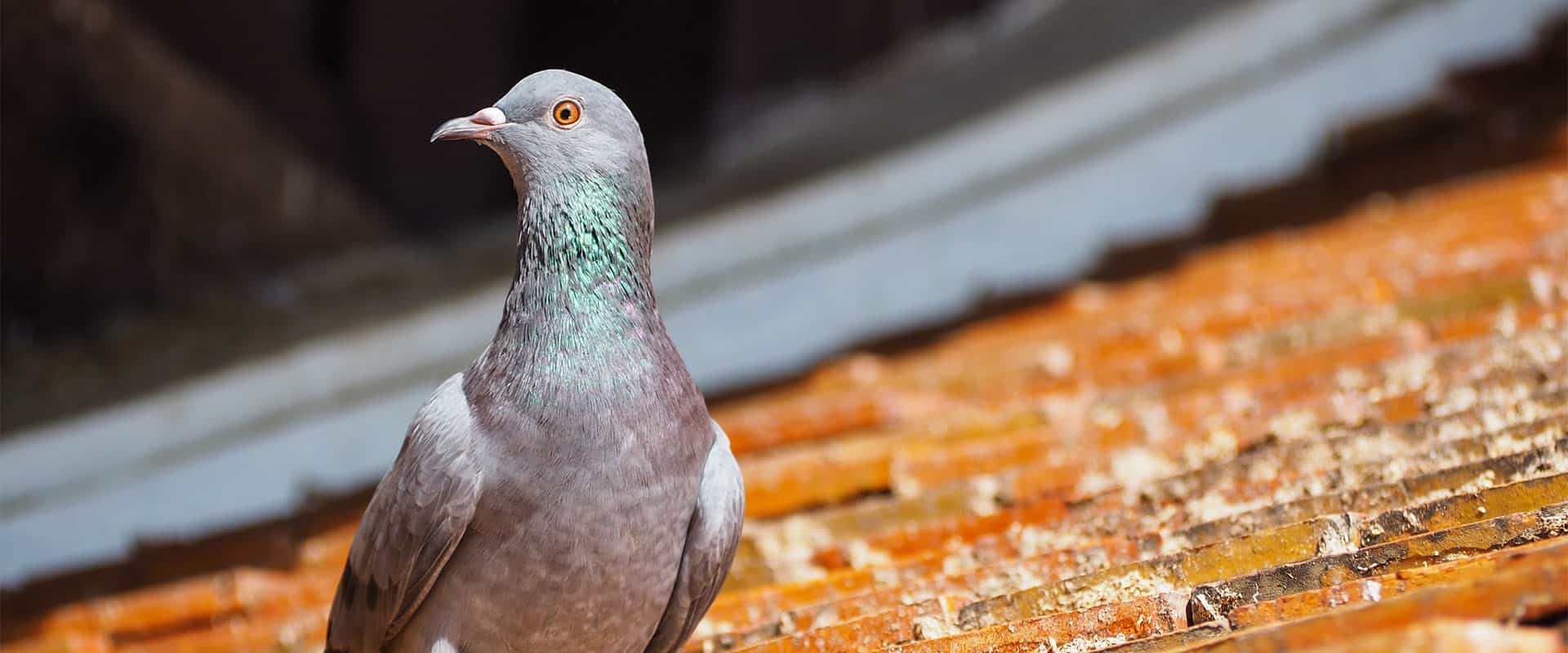Pigeons are commonly known for their sociability and presence in urban locations, but many health risks are associated with their companionship. Indeed, these not shy birds are likely to transmit various diseases to humans and other animals. Very present in French cities and villages, it is necessary to better identify these health risks to keep populations safe from the diseases that pigeons can spread. In this article, we will look at the different diseases that these birds can transmit to humans and their consequences for human health. In particular, we will see how we can protect ourselves from these infections and the relationship between pigeons and zoonoses. Thus, through this presentation, we hope to bring you a more complete knowledge of how pigeons can transmit diseases to humans and the preventive measures to be taken to avoid being exposed to this risk.
What are the main diseases that can be transmitted by pigeons?
Pigeons are birds that are very common in our cities and are very familiar with humans. Despite their presence in our urban environments, pigeons carry many diseases that can be transmitted to humans. The main diseases that can be transmitted by pigeons are mainly cryptococcosis, psittacosis, tuberculosis, trichomoniasis and histoplasmosis. Cryptococcosis is a fungal infection that can lead to serious respiratory, neurological or skin complications. Psittacosis is a bacterial infection that can cause fever, headache and muscle aches. Tuberculosis is a bacterial infection that manifests as persistent coughing and weight loss. Trichomoniasis is a parasitic infection that can cause inflammation of the skin and mucous membranes. Finally, histoplasmosis is a fungal lung infection that manifests itself as breathing difficulties. All these diseases can be transmitted from pigeons to humans through direct contact with the bird, or through pigeon droppings and droppings.
What are the symptoms of pigeon-borne diseases?
The symptoms of diseases transmitted by pigeons can vary depending on the germ responsible, but they are generally similar to those observed in humans when infected with any other bacteria or virus. Common symptoms are fever, headache, fatigue, loss of appetite and vomiting. Symptoms may also include muscle pain, abdominal or joint pain, rashes, diarrhea, and runny nose. Symptoms can be general or specific depending on the germ responsible. It is important to note that symptoms related to diseases transmitted by pigeons can be mild or severe depending on the germ responsible and the immune status of the infected individual. In some cases, it may be necessary to consult a doctor as there are infections that can cause serious complications or even death. Individuals at risk, such as the elderly, children and people with chronic diseases, should be especially vigilant to the symptoms of a pigeon-borne disease and seek medical attention if there are any suspicious symptoms.
What are the health hazards associated with the presence of pigeons?

The diseases that pigeons can transmit to humans are numerous and deserve special attention. It is now known that the presence of pigeons exposes humans to various diseases and health hazards. The diseases most frequently associated with pigeons are cryptococcosis and psittacosis. Cryptococcosis is a type of fungal disease transmitted through pigeon droppings and manifested by symptoms such as persistent coughing or difficulty breathing. Psittacosis, also known as bird disease, is an infectious disease transmitted to humans through inhalation of pigeon feces. It can lead to symptoms such as high fever, headache and muscle aches. Other diseases related to the presence of pigeons are also known, such as salmonellosis, toxoplasmosis and measles. Finally, pigeon droppings can contain bacteria and viruses that are harmful to humans, and can cause allergies and respiratory problems. It is therefore advisable to limit contact with pigeons or their feces and to consult a doctor if you have unusual symptoms.
How to prevent diseases transmitted by pigeons?
Diseases transmitted by pigeons can be a threat to human health. Pigeons can carry parasites, bacteria and viruses that can cause respiratory diseases, digestive disorders and skin allergies. It is therefore important to take measures to prevent the transmission of these diseases. The first measure to take is to avoid direct contact with pigeons. It is important not to feed them and to keep the food safe from birds. Pigeon droppings are a reservoir of bacteria and viruses that are potentially dangerous to humans, so it’s important to clean them quickly and frequently. People who are in direct contact with pigeons must wear gloves and protective clothing. People with symptoms of diseases transmitted by pigeons should consult a doctor.
What treatments are available for pigeon-borne diseases?
Diseases transmitted by pigeons are quite numerous and can be very dangerous to human health. The most common infections are psittacosis, salmonellosis and cryptococcosis. Psittacosis is an infectious disease caused by the bacterium Chlamydia psittaci, commonly transmitted through direct contact with pigeon droppings. The most common symptoms are fever, headache, muscle aches, cough and fatigue. Salmonellosis is a bacterial infection caused by the consumption of food products contaminated with pigeon feces. The most common symptoms are fever, abdominal pain, muscle aches, vomiting and diarrhea. Cryptococcosis is a fungal infection caused by inhaling the spores of the fungi Cryptococcus neoformans, usually found in pigeon droppings. The most common symptoms are headache, confusion, fever, cough and abdominal pain. As for the treatments available for diseases transmitted by pigeons, the treatment for salmonellosis and psittacosis is usually based on antibiotics such as fluoroquinolones, while the treatment for cryptococcosis is based on antifungal drugs. In any case, it is important to consult a doctor for an accurate diagnosis and proper treatment. It is also important to remember that the best way to prevent infection is to limit contact with pigeons and practice good hand hygiene.
